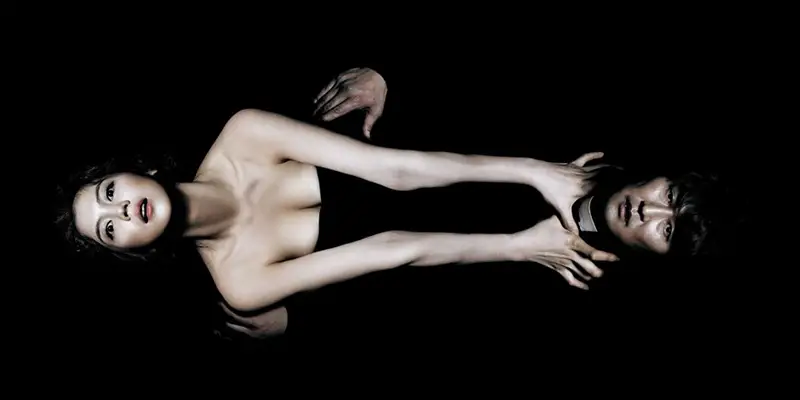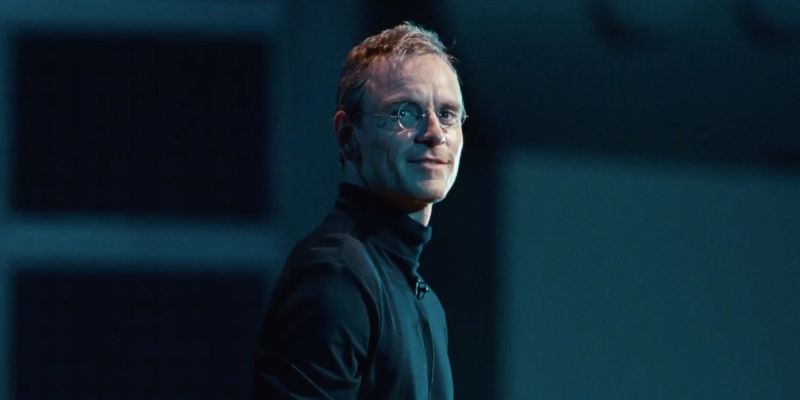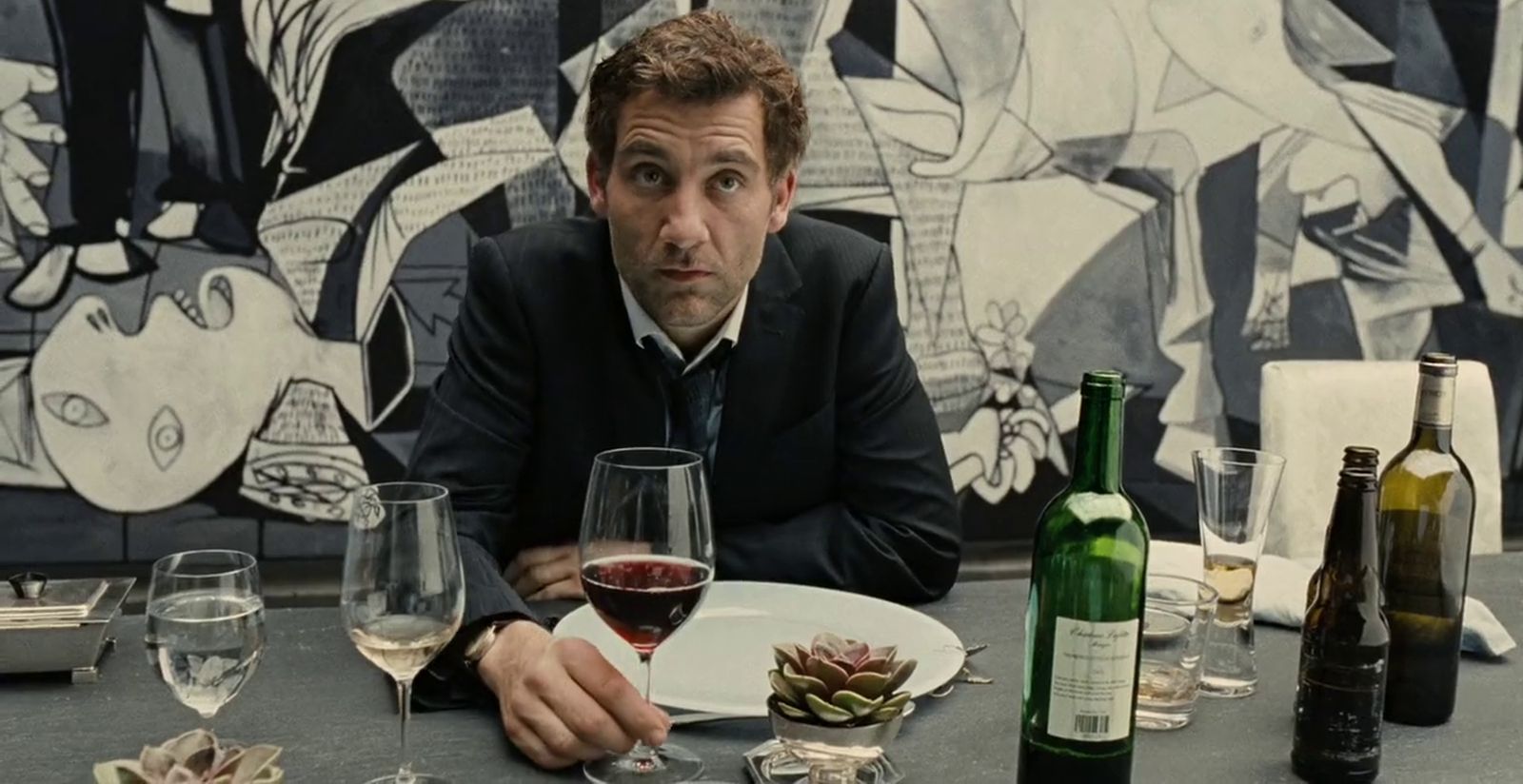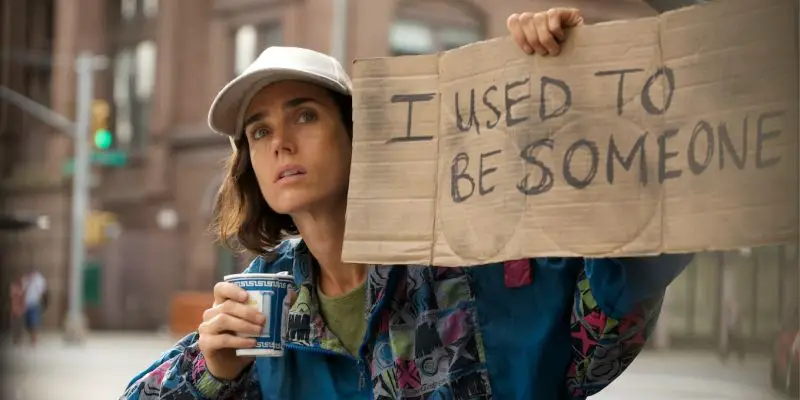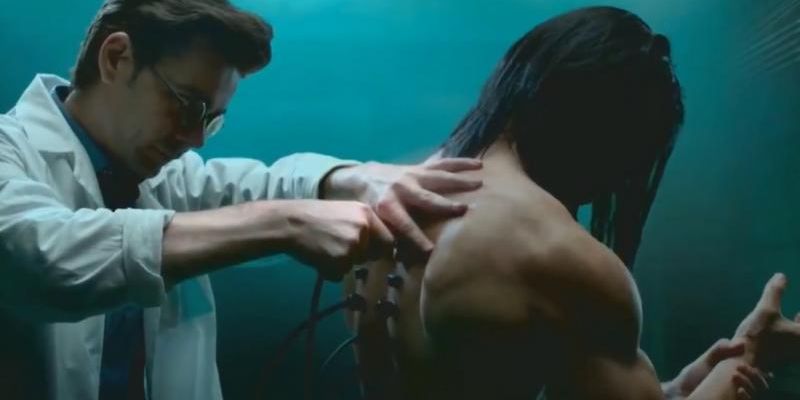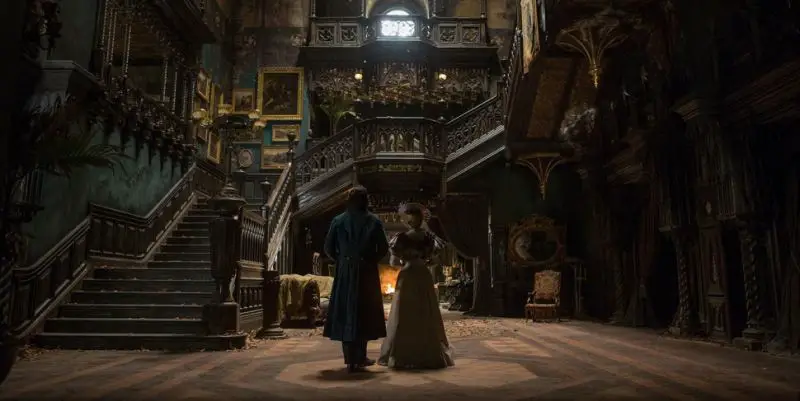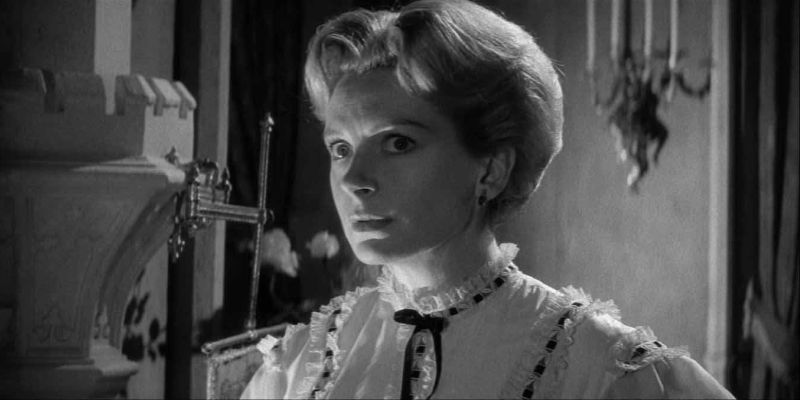
Miss Giddens (Deborah Kerr), the new governess for two orphaned children in Victorian England, arrives at their idyllic country estate in the beginning of the psychological horror film, The Innocents (1961). The naive young woman, who has a lived a solidly middle class existence as a vicar’s daughter, marvels at the stately home and spacious grounds. Everything, including her two young charges, seems innocent and perfect.
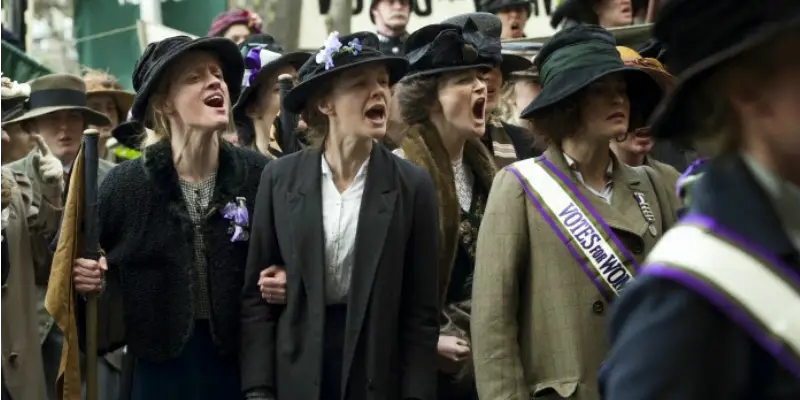
Suffragette has been grabbing the attention of the media and public long before it was even released. First, there were rumours that there were to be no women of colour in the film (this is true). Then there was the at best ignorant, at worst painfully offensive campaign led by Meryl Streep and the rest of the cast, featuring photos of them wearing t-shirts stating ‘I’d rather be a rebel than a slave’.
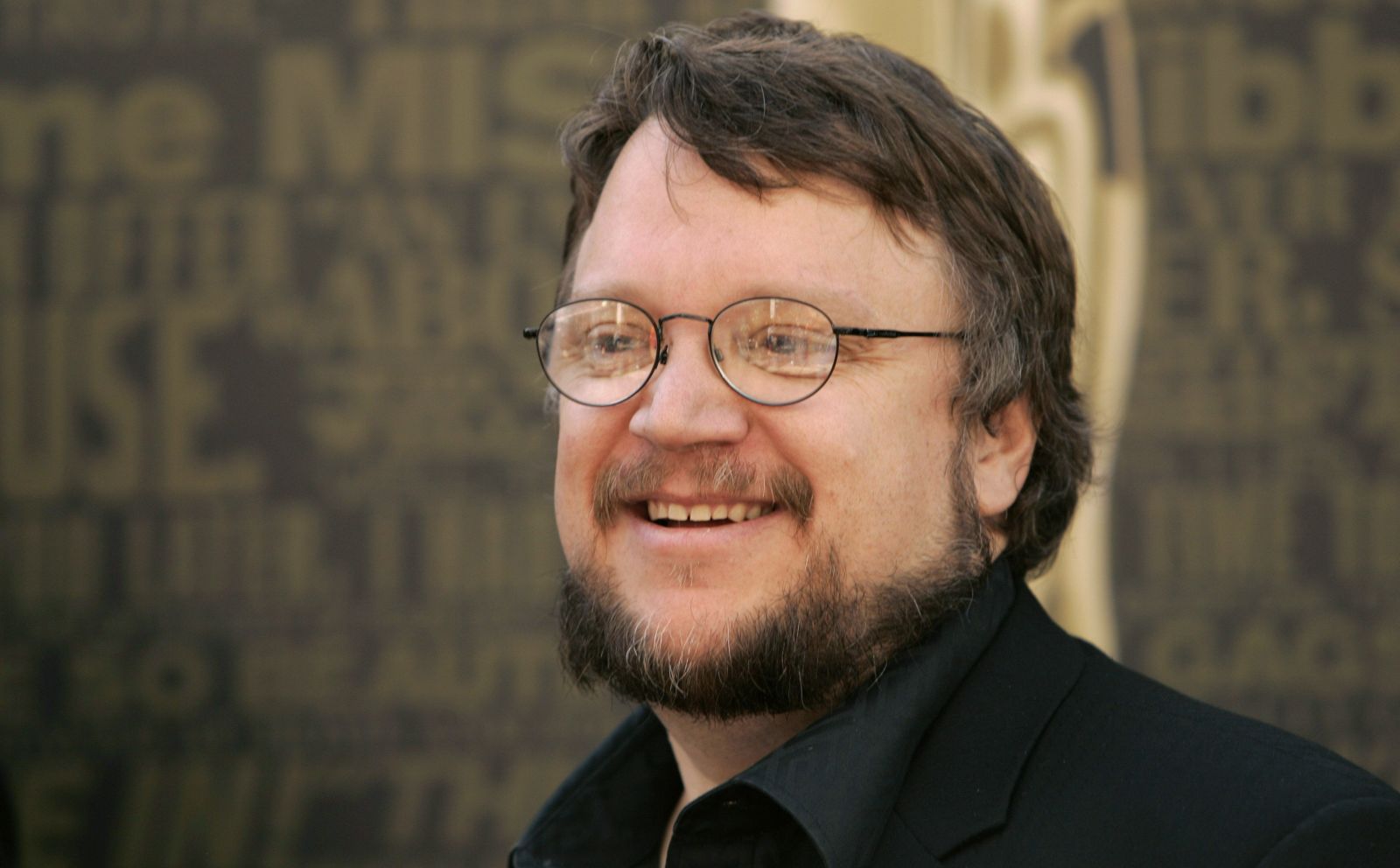
Near the conclusion of Hellboy II, we find the eponymous hero at death’s doorstep. Hellboy is laid at the feet of his personal Angel of Death, a shrouded, veiled monstrosity whose ragged wings are festooned with a series of enormous, amber eyes. Elizabeth Sherman, Hellboy’s partner, cradles his unconscious body in a pose reminiscent of the Pietà, an aesthetic emphasized by the magical spearpoint thrust into Hellboy’s side.
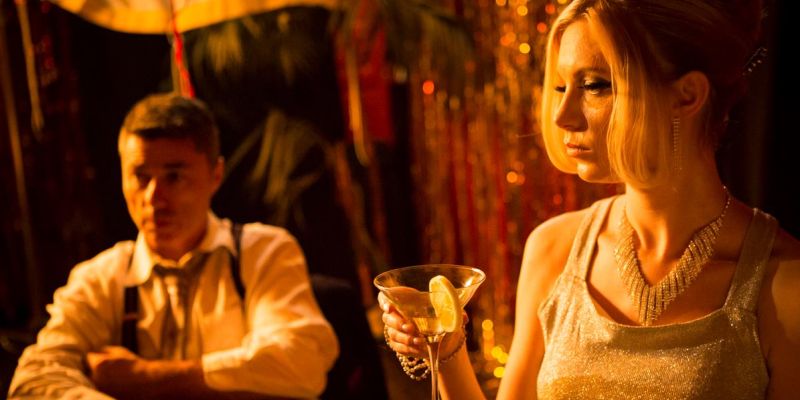
Fingers, the Indiegogo-funded short film from writer/director Alex Marx and producer Savannah James-Bayly, is a slick and stylish crime drama that blends Biblical themes with 1960s London glam. From the filmmakers’ own mouths: Fingers is a short crime drama based on the Biblical story of Salome and the martyrship of John the Baptist, reimagined in the murky underworld of a 1960s nightclub in London’s East End.
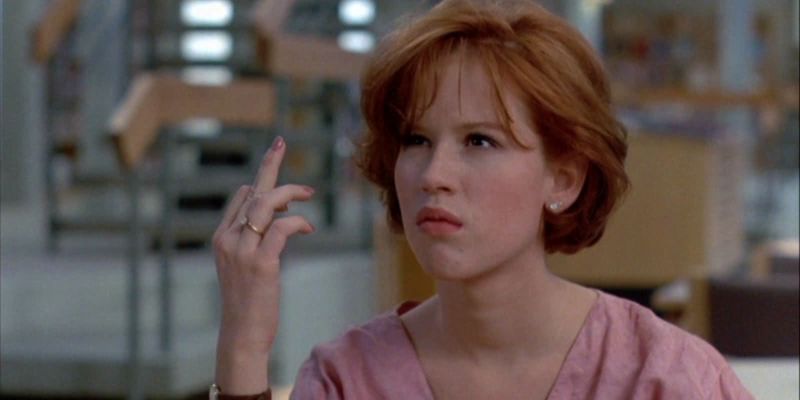
John Hughes had the innate ability of tapping into the voice of a generation unlike any other director I’ve seen. His movies continue to make a lasting impact on the film industry – and it’s easy to see why. Ferris Bueller’s Day Off, The Breakfast Club, Pretty In Pink and a plethora of other “teen” films that redefined the genre, gave thousands of hearts and minds a voice – something coveted if you were an angsty teen growing up in the mid-eighties.
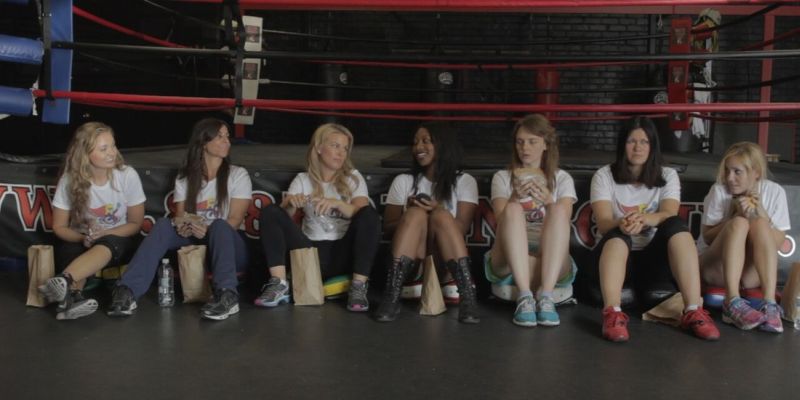
With Halloween coming up, everyone’s in the mood for horror, so, we’ve got a great indie horror for you today! In The Boom Boom Girls of Wrestling, six female athletic actresses get cast as superheroes on a wrestling show. The girls are pretty much willing to do anything to become rich and famous, so why not wrestling?
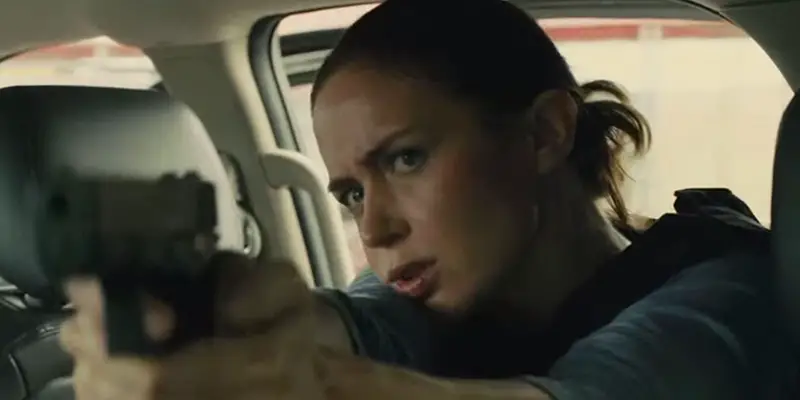
“Your American ears won’t understand, your eyes will see things that make no sense, but in the end you’ll understand,” DOD Operative Alejandro (Benico Del Toro) Brazen sunlight beats down on the terrain, voiding any visible shadows. Homes and domiciles of the Phoenix desert fill and occupy the frame, and the camera remains momentarily stationary. But then, in an instant, the machinery that captures and reproduces light stirs and begins to pan from right to left across the suburban community; as human beings, FBI agents in full riot gear with guns pointed, to be precise, enter into the picture.


